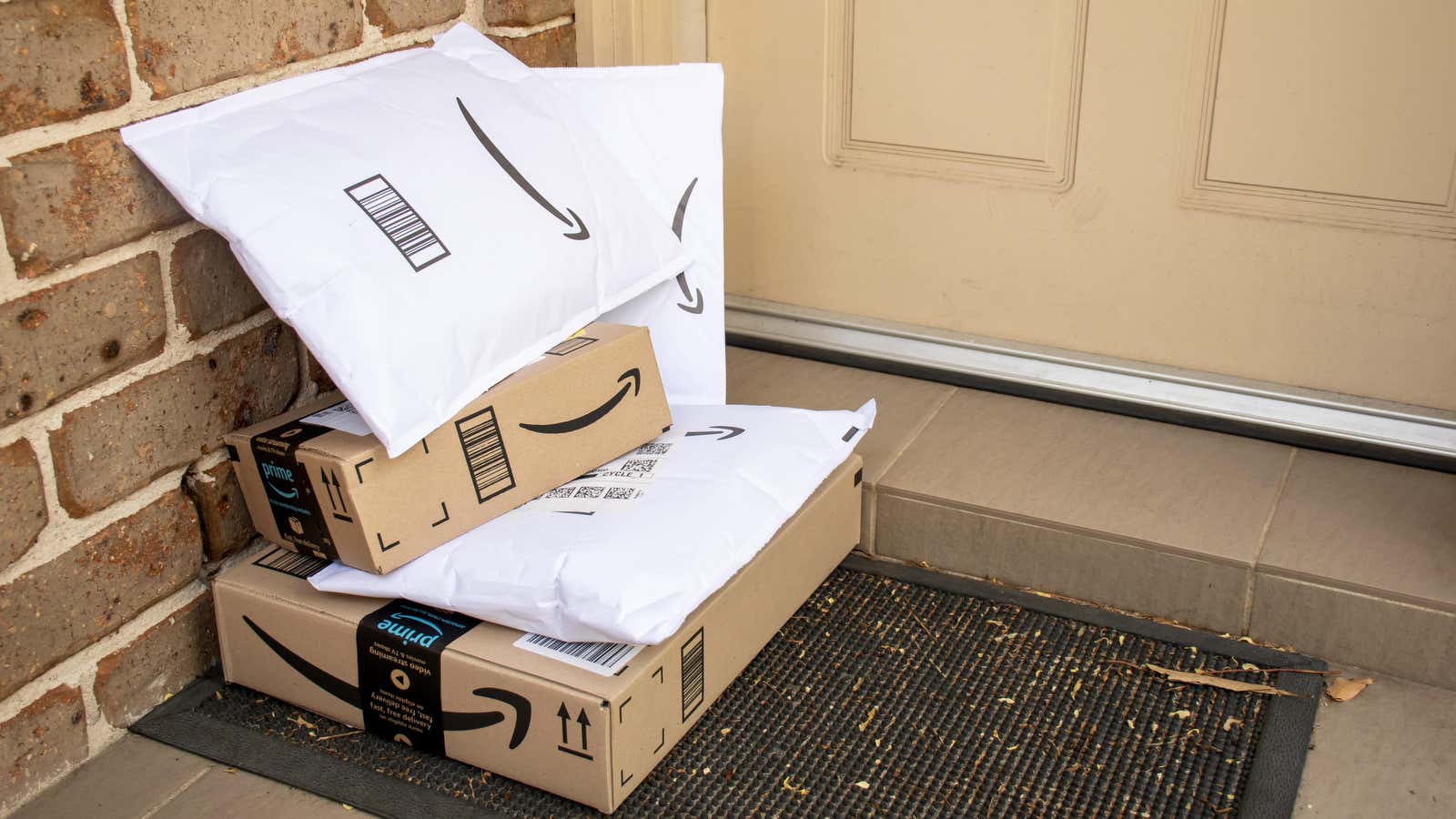How to Control Your Impulsive Spending

A recent study found that people spend an average of $ 276 a month on impulse purchases, and that most people love what they buy. Given how common this is, the question isn’t necessarily whether you should stop spending, but rather how many impulse purchases are right and when should you worry about overdoing it?
What is considered an “impulse buy”?
A poll by Slickdeals found that the average American makes 12 impulse purchases a month, which is about $ 3,312 a year (impulse purchases are defined as unplanned, spontaneous purchases).
Impulsive buying can negatively impact your finances, but that doesn’t mean it’s also bad. You can also spend money on what you really need – like buying groceries, because it’s a good deal. And spontaneously pampering yourself with new clothes or a movie is a good reason to spend money on your own, especially if it disrupts your routine and improves your quality of life.
When squandering becomes a problem
However, impulse purchases become a problem when they increase debt or otherwise affect your ability to cover other expenses, including retirement savings. It can also be an emotional crutch in the sense of “retail therapy,” where the thrill of a new purchase is more important than what you actually buy.
How to contain impulse buying
Here are some guidelines to help you control your prohibitive spending for almost any income:
- Stick to a budget: Using a simple 50/20/30 budget that takes into account spending based on needs (50%), savings (20%), and everything else (30%) can help you curb impulsive purchases by ensuring your money is spent too. other priorities, such as planning for retirement, creating an emergency fund, or paying bills on time.
- Follow the 24-hour rule: If you tend to be in a rush to shop, you can curb that impulse with the voluntary 24-hour rule for large purchases of your choice . If a decision can wait a day, you can use that time to ask yourself if you really want to make a purchase.
- Shop according to plan: Before you enter Amazon or shop, make a plan for what you want to buy. Of course, it’s not uncommon to be distracted and seduced by some shiny item strategically placed on the end cap for your shopping convenience, but pinpointing your purchasing intent ahead of time can reduce the likelihood of spending unnecessarily.
- Use your credit card carefully: For purchases on your own, avoid using a credit card, unless you can repay the commission on the same day. This is not just good credit behavior (as you will avoid unnecessary high interest debt), it will likely save you from overspending – at least until your next paycheck.